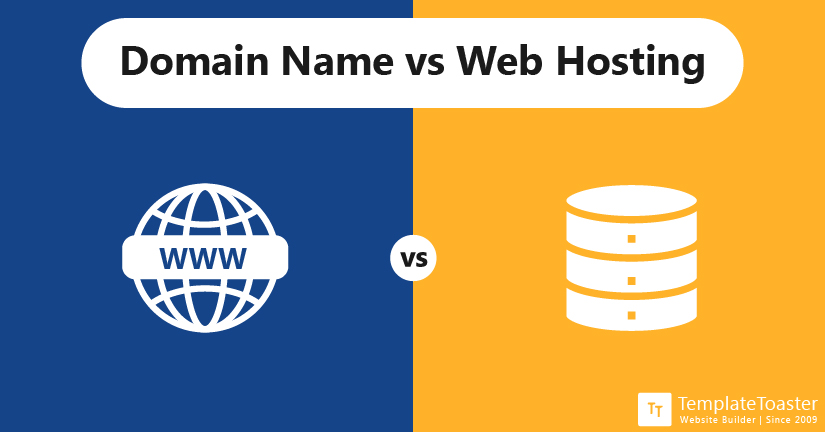Hosting vs Domain: What’s the Difference?
When it comes to building a website, there are two key components that often confuse beginners: hosting and domain. Understanding the difference between the two is crucial in setting up your online presence effectively. In this article, we’ll break down the differences between hosting and domain, and why they are both essential for your website.
What is Hosting?
Hosting is like the land where you will build your website. It is a service that allows individuals and organizations to post a website or web page onto the Internet. When you sign up for hosting, you are essentially renting space on a server where all the files and data necessary for your website to function are stored. Without hosting, your website would not be accessible to users on the World Wide Web.
What is a Domain?
A domain is like the address of your website. It is the unique name that identifies your website on the Internet. Just like your physical address helps people find your house, a domain helps users find your website. When someone types your domain name into a web browser, the browser sends a request to the server where your website is hosted, and then displays your website on the user’s screen.
Why You Need Both
So, why do you need both hosting and a domain to have a functioning website? Think of it this way: if hosting is the land where you build your website, the domain is the address that helps people find your website on that land. Without hosting, you have nowhere to build your website, and without a domain, users have no way to find your website on the Internet.
Choosing the Right Hosting and Domain
When it comes to choosing the right hosting and domain for your website, there are several factors to consider. Some hosting providers offer shared hosting, which means your website will share server space with other websites. This can be a cost-effective option for small websites, but it may not provide the speed and security needed for larger websites.
On the other hand, dedicated hosting gives you your own server, providing better performance, security, and customization options. However, this option is usually more expensive and may be unnecessary for smaller websites. When choosing a hosting provider, consider your website’s size, traffic volume, and security needs to determine the best option for you.
Similarly, when choosing a domain, you should pick a name that is easy to remember, relevant to your website’s content, and reflects your brand or business. Avoid using special characters or numbers in your domain name, as this can make it harder for users to remember and type correctly. Also, consider purchasing multiple domain extensions to protect your brand and make it easier for users to find your website.
Conclusion
In conclusion, hosting and domain are both essential components of a functioning website. Hosting provides the space and resources needed to build and store your website, while a domain gives users a way to find your website on the Internet. By choosing the right hosting and domain for your website, you can ensure that your online presence is fast, secure, and easily accessible to users around the world.
Remember to research different hosting providers and domain registrars to find the best options for your specific needs. With the right hosting and domain, you can create a professional and effective website that stands out in the crowded online landscape. Good luck!
